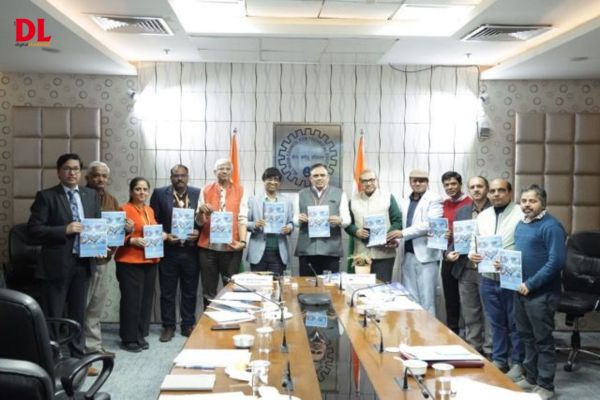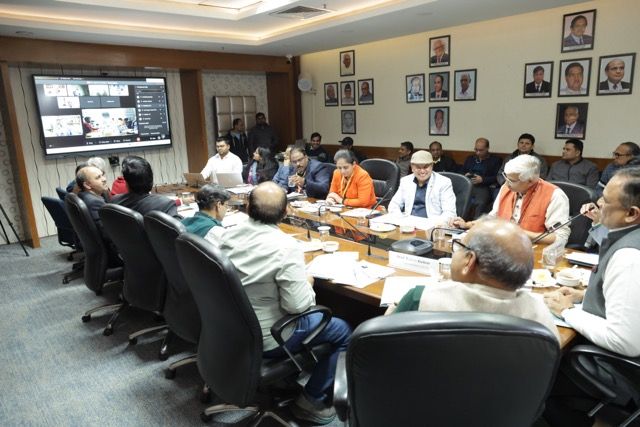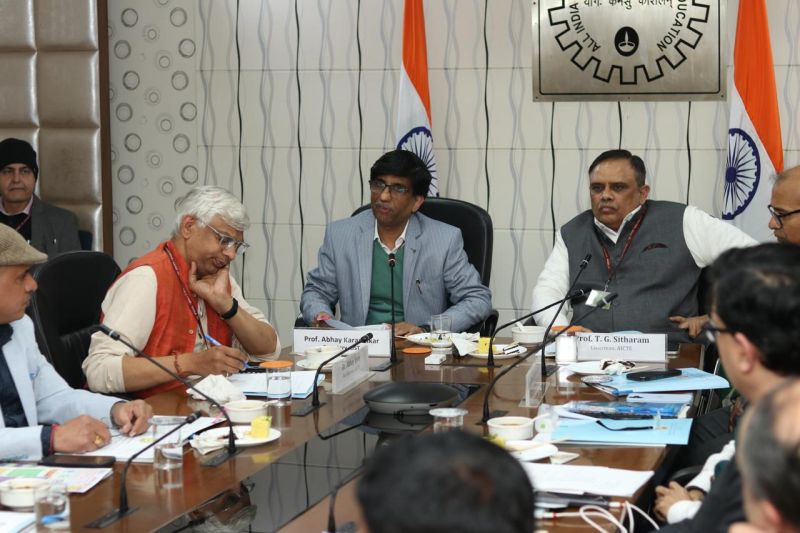
In a landmark step toward empowering India’s next generation of engineers with cutting-edge skills in quantum science and technology, the All India Council for Technical Education (AICTE) and the Department of Science and Technology (DST) have unveiled a model curriculum for an undergraduate (UG) minor programme in quantum technologies. This initiative, developed under the ambit of the National Quantum Mission (NQM), is set to position India as a global leader in this transformative field.
The programme, tailored for engineering students from diverse disciplines, will be implemented in select AICTE-approved institutions across the country starting from the next academic session. It is designed to begin in the third or fourth semester, requiring prerequisites in basic engineering, mathematics, physics, and programming.
Curriculum Highlights: Bridging Academia and Industry
The newly introduced UG minor programme encompasses four critical verticals of quantum technology:
- Quantum Computing and Simulation
- Quantum Communication and Cryptography
- Quantum Sensing and Metrology
- Quantum Materials and Devices
With a total of 18 credits required to complete the minor, the programme offers flexibility by allowing students to select from a pool of over 30 credits, ensuring institutions can adapt to their unique resources. The curriculum integrates theoretical knowledge with hands-on lab sessions, focusing on real-world applications to bridge the gap between academia and industry.
Each course within the minor is designed to provide three credits, with one credit translating to an in-class contact hour or a three-hour lab session per week. This modular approach ensures comprehensive training while accommodating the diverse needs of students and institutions.
Faculty Training and Infrastructure Development
Recognizing the pivotal role of faculty and infrastructure, AICTE and DST will conduct Faculty Development Programmes (FDPs) to equip teachers with the necessary expertise to deliver quantum education. The National Quantum Mission will also support the creation of teaching labs in select institutions, aiding in the practical application of the curriculum.
According to Professor Ajay K. Sood, Principal Scientific Advisor to the Government of India, this initiative marks a decisive step in creating a quantum-ready workforce. “The programme integrates theoretical understanding with practical exposure to quantum technologies, aligning with the goals of the National Quantum Mission to establish India as a global quantum hub,” he said.
Professor Abhay Karandikar, Secretary, DST, emphasized the inclusive nature of the curriculum, stating, “The programme is designed to accommodate the diversity of institutions across India and will provide engineering students with a robust foundation in quantum technologies.”
A Quantum Leap for India’s Education and Technology Ecosystem
This pioneering initiative aligns with the National Quantum Mission’s strategic vision of accelerating research and technology development in quantum science. By addressing multidisciplinary needs, the programme aims to create a skilled workforce capable of tackling challenges from basic research to applied innovation.
Professor T.G. Sitharam, Chairman of AICTE, hailed the initiative as a new chapter in India’s quantum revolution. He stated, “The curriculum is ready, and we aim to roll it out in premier institutions by the next academic session.”
Dr. Ajai Chowdhry, Chairman of MGB NQM, highlighted the importance of internships, suggesting they be integrated alongside coursework to maximize student value.
Additional Initiatives Under National Quantum Mission
Beyond the UG minor programme, AICTE and DST plan to introduce supplementary resources, including:
- Creation of quantum teaching labs.
- Development of course-specific textbooks.
- Quantum awareness programmes to foster interest and understanding among students and educators alike.
Also Read: UGC Launches Cybersecurity Handbook to Promote Safer Digital Practices in Higher Education
The Road Ahead
With the introduction of India’s first UG minor programme in quantum technologies, the AICTE and DST have set a transformative precedent. The initiative not only aims to elevate India’s technical education landscape but also ensures the development of a skilled, globally competitive workforce equipped to lead advancements in quantum science and technology.
This collaborative effort underscores India’s commitment to innovation, capacity building, and technological leadership, with the National Quantum Mission serving as a landmark model for future breakthroughs in the quantum domain.






















